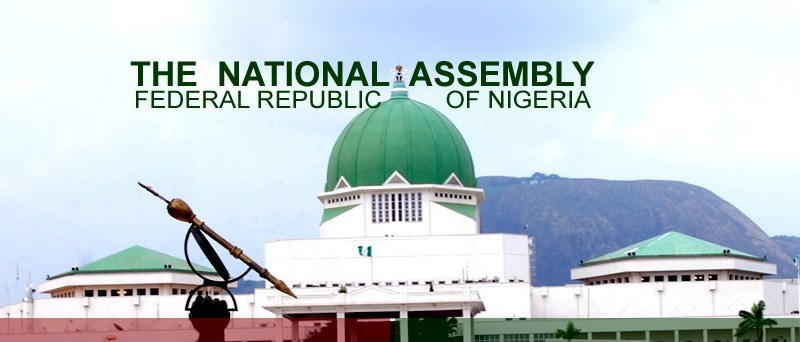The National Assembly is set for a fresh amendment to the Nigerian constitution.
The review which has been consistent in the last 24 years, with at least 30 alterations made to the 1999 Constitution, an exercise that has routinely cost the country an average of N1 billion yearly and at the cumulative cost of N24.85 billion.
In line with the tradition, both the Senate and House of Representatives will resume further amendments to the Constitution next week, with emphasis on State police, Value Added Tax (VAT), and electoral reforms.
The urgency of another amendment is not unconnected with the issue of VAT collection that has been generating a legal battle between the Federal Inland Revenue Service (FIRS) and some state governments.
Specifically, Rivers and Lagos state governments had enacted laws and called for decentralisation of collection, while some states pushed for centralised pool. The case is still pending at the Supreme Court.
The two chambers would inaugurate separate committees to be led by deputy President of the Senate, Jibrin Barau and the deputy speaker, Benjamin Kalu, when they resume legislative activities from their three weeks Christmas and end of the year recess.
Although efforts to commence amendment to the 1999 Constitution began in the 4th National Assembly (1999 to 2003), actual exercise began in the 5th National Assembly (2003 to 2007) led by the then deputy president of the Senate, late Ibrahim Mantu. It was marred by reports of a third term agenda by the then administration of President Olusegun Obasanjo.
To date, every tenure of the National Assembly has initiated a fresh constitution amendment project for which some N4 billion is approved, to be appropriated and released based on N1 billion per year. This is in addition to some extra funds released to the committee for unforeseen expenditure



